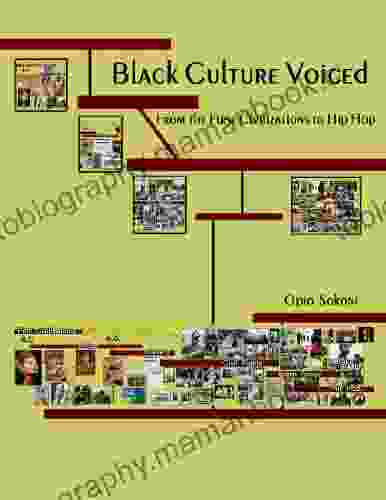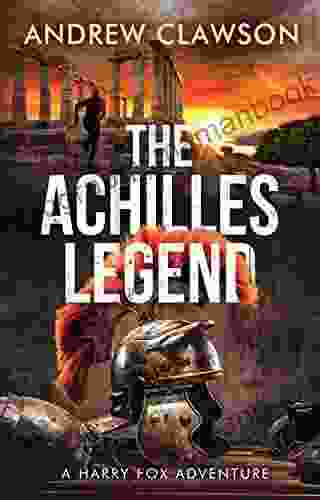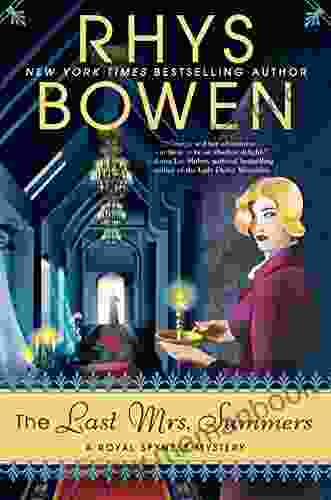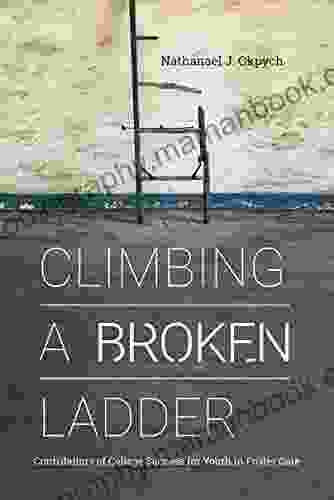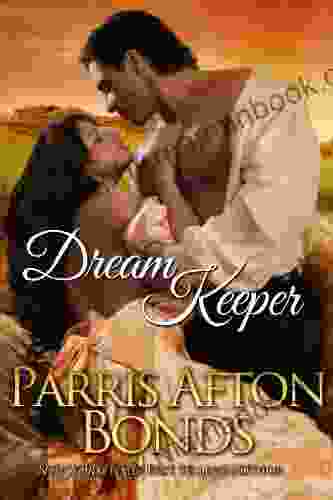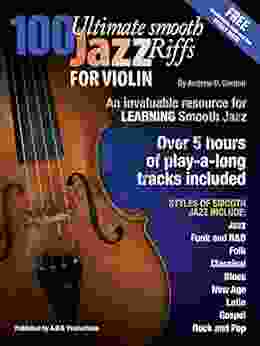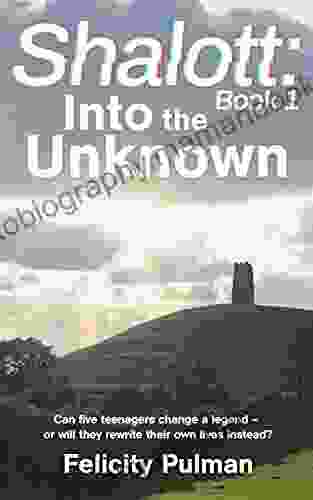Music, a universal language that has been intertwined with human civilization since its earliest days. From the rhythmic beats of ancient drums to the complex harmonies of modern orchestras, music has the power to evoke emotions, tell stories, and connect people across cultures and generations. In this article, we will embark on a journey through the evolution of music, exploring its origins in ancient civilizations, the transformative power of technology, and the vibrant tapestry of musical genres that have shaped our world today.
Ancient Origins: Rhythm and Ritual
The earliest traces of music can be found in the archaeological record, dating back to the Paleolithic era. Primitive instruments, such as bone flutes and percussion devices, suggest that music played an integral role in the lives of our ancestors. Music was likely used for ritualistic purposes, accompanying ceremonies such as hunting, healing, and storytelling. Rhythmic beats and repetitive melodies served to establish a sense of community and connection, fostering social cohesion and emotional expression.
5 out of 5
| Language | : | English |
| File size | : | 877 KB |
| Text-to-Speech | : | Enabled |
| Screen Reader | : | Supported |
| Enhanced typesetting | : | Enabled |
| Word Wise | : | Enabled |
| Print length | : | 30 pages |
| Lending | : | Enabled |
Rising Civilizations: Musical Innovations
As civilizations emerged in Mesopotamia, Egypt, and China, music began to take on a more sophisticated character. Written music systems developed, allowing musicians to record and transmit musical knowledge across generations. In Mesopotamia, the cuneiform script was used to notate musical scales and melodies, while the Egyptians developed a hieroglyphic system for musical notation. Musical ensembles featuring harps, flutes, and percussion instruments became common, and music was closely associated with religious ceremonies and courtly entertainment.
The Classical Era: Harmony and Structure
The classical era of music, spanning the Greek and Roman Empires, witnessed a profound transformation in musical concepts. Greek philosophers such as Pythagoras and Aristoxenus developed theories of musical harmony and acoustics, paving the way for the establishment of the Western musical scale. The Romans adopted and further developed these ideas, creating a rich repertoire of vocal and instrumental music.
Medieval Melodies: Chant and Polyphony
During the Middle Ages, Christian chant became a dominant force in European music. Gregorian chant, a monophonic form of chant, was used in religious ceremonies and played a pivotal role in the development of Western musical notation. Polyphony, the simultaneous combination of multiple independent melodic lines, emerged in the 12th century, marking a significant departure from the monophonic textures of earlier periods.
Renaissance and Reformation: Secular Sounds
The Renaissance and Reformation periods saw a resurgence of secular music, as composers began to explore new musical forms and styles. Instruments such as the lute, viol, and harpsichord gained popularity, and vocal music flourished in the form of madrigals, chansons, and motets. The invention of the printing press in the 15th century facilitated the widespread dissemination of music, making it accessible to a broader audience.
Baroque Extravagance: Orchestral Splendor
The Baroque era, characterized by its elaborate ornamentation and complex harmonies, witnessed the rise of the orchestra. Composers such as Bach, Handel, and Vivaldi wrote magnificent concertos, symphonies, and operas, showcasing the virtuosity of soloists and the grandeur of the full orchestra. The development of new instruments, including the piano, clarinet, and oboe, further expanded the sonic palette of Baroque music.
Classical Grace: Simplicity and Refinement
The Classical era, following the extravagance of the Baroque, sought a return to simplicity and refinement. Composers such as Mozart, Haydn, and Beethoven wrote music characterized by clarity, balance, and emotional depth. The sonata, symphony, and concerto became the dominant forms, and the development of the string quartet fostered a new level of chamber music.
Romanticism: Emotional Intensity
Romanticism, a movement that swept through Europe in the 19th century, brought with it a new emphasis on emotional expression and individualism. Composers such as Wagner, Tchaikovsky, and Berlioz wrote music that evoked powerful emotions, using large orchestras and complex harmonies to create dramatic and evocative soundscapes. Romantic music often drew inspiration from literature, nature, and the human psyche.
The 20th Century: Modernism and Beyond
The 20th century witnessed an explosion of musical experimentation and innovation. Modernism challenged traditional musical forms and tonality, giving rise to new styles such as atonalism and serialism. Composers such as Schoenberg, Bartok, and Stravinsky pushed the boundaries of musical expression, creating works that were both challenging and groundbreaking. The advent of electronic music and the use of technology in composition opened up new sonic possibilities.
Contemporary Music: A Tapestry of Genres
Today, the musical landscape is characterized by a vast array of genres, each with its unique history, cultural influences, and stylistic characteristics. From the rhythms of hip hop to the harmonies of jazz, from the melodies of folk music to the electronic beats of techno, contemporary music reflects the diversity and vibrancy of our globalized world.
The evolution of music is a testament to the ingenuity and creativity of humanity. From the simple rhythms of ancient drums to the complex harmonies of modern orchestras, music has played an integral role in our lives, serving as a vehicle for emotional expression, social connection, and cultural identity. As technology continues to advance and globalization brings different cultures together, the future of music holds endless possibilities. New genres and styles will undoubtedly emerge, enriching our musical tapestry and continuing to inspire and captivate generations to come.



